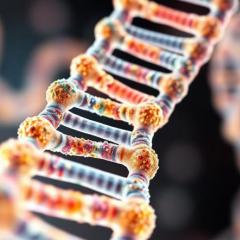UQDI PhD student, Veronique Chachay, is currently trialling the Resveratrol study, which she hopes could be the solution to better managing non-alcoholic fatty liver disease (NAFLD).
Ms Chachay is a recipient of one of the fourteen PA Foundation Research grants awarded to medical researchers based at the Princess Alexandra Hospital, and told Channel 10 how she hopes her research will assist in the management of NAFLD.
Veronique is currently recruiting people to participate in the 8 week clinical trial. She is interested in hearing from males from 18 to 65 years of age, with abdominal obesity, diagnosed with fatty liver, and who are not taking any diabetic medication.
Resveratrol (RSV), an antioxidant nutrient found in about 300 plants including grape skin, peanuts and berries, has been found to benefit cardiovascular health, and early clinical trials are underway to determine any benefits for cancer prevention and treatment, degenerative and ageing diseases such as Alzheimer’s disease.
Ms Chachay says the study could offer insights into a sustainable solution to a growing problem, with 30% of the general population and up to 98% of patients with morbid obesity and type 2 diabetes showing the signs of NAFLD, but no pharmacological treatment currently available.
“By 2020 NAFLD is predicted to become the main reason for referrals to liver transplants. If RSV can help before the disease progresses to liver failure, it could help reduce significantly the burden on the healthcare system,” Ms Chachay said.
Preliminary findings have been encouraging that RSV may assist in maintaining better metabolic and liver health despite high-energy diets and sedentary lifestyles.
“Weight loss is a good solution to healthier livers, but it is often hard to achieve and maintain overtime. RSV could work together with lifestyle changes to offer a more sustainable solution to the long-term management of NAFLD,” Ms Chachay said.



